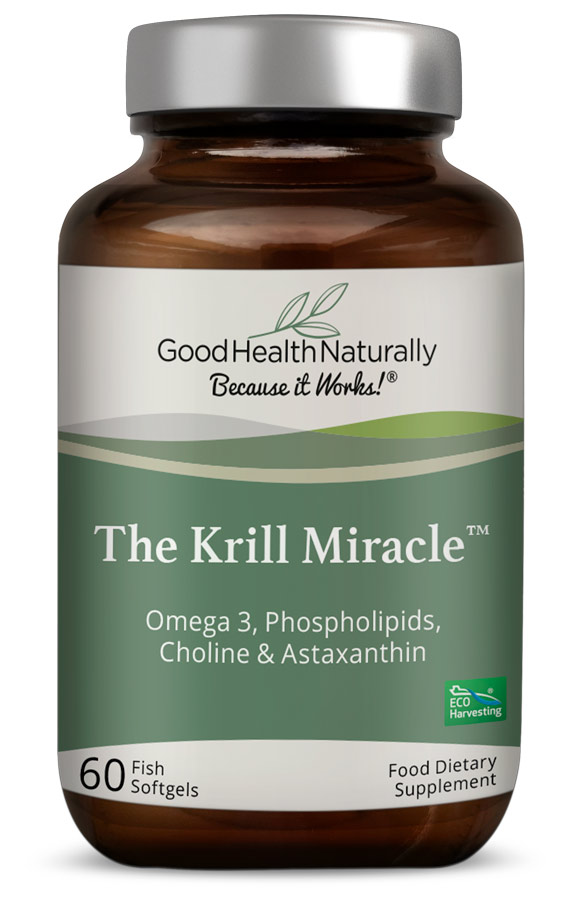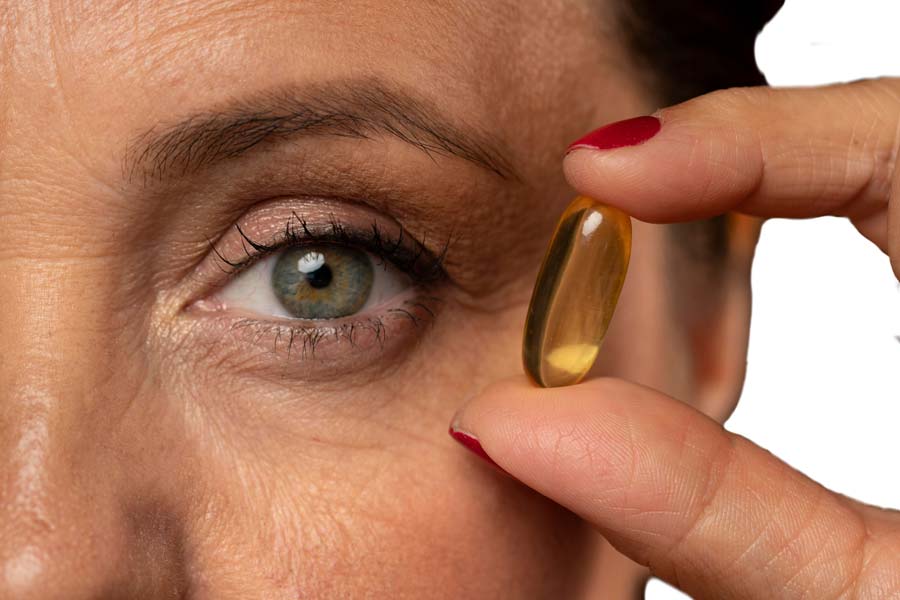Following last week’s deep dive into the skin-enhancing benefits of omega-3s and Krill Oil, we’re continuing our focus on the power of these essential fatty acids—but this time, we’re shifting our attention to the heart. Just as omega-3s nourish your skin, they are equally vital for heart health. With many of you settling into September routines, whether back to school or back to the office, this is the perfect time to reflect on how we can better support cardiovascular health, especially as stress levels rise with busier schedules.
Omega-3s: Essential for Cardiovascular Health
Omega-3 fatty acids, particularly EPA and DHA, are crucial for maintaining heart health. These fatty acids help regulate cholesterol levels, reduce blood pressure, and prevent inflammation, all of which are vital for keeping your cardiovascular system in top shape.
Countless studies have shown that omega-3s can help reduce the risk of heart disease. They do this by lowering triglyceride levels, reducing plaque buildup in the arteries, and stabilising heart rhythms. As many of us experience heightened stress and a more sedentary lifestyle, it’s critical to incorporate omega-3s into our diet and supplementation routine to protect our hearts in the long run.
New Research Reinforces Omega-3’s Heart Health Benefits
A recent meta-analysis published in The Journal of the American Heart Association highlighted that omega-3 supplementation is associated with reduced heart disease and stroke risk. In fact, the study found that people who supplemented with higher levels of omega-3s had a 13% lower risk of heart attack or coronary heart disease death compared to those who didn’t supplement. This reinforces the importance of including omega-3s in your daily regimen.
Omega-3s don’t just reduce cholesterol and blood pressure; they also decrease the levels of harmful triglycerides in your bloodstream, which can significantly lower the risk of heart attack and stroke. Moreover, omega-3s have been shown to improve endothelial function, which enhances the flexibility of blood vessels and supports healthy circulation.
Boosting Heart Health with Omega-3-Rich Foods
While omega-3 supplements like krill oil or fish oil are a highly effective way to ensure you’re getting enough of these critical fatty acids, there are also plenty of foods rich in omega-3s that you can include in your diet to support heart health:
Fatty Fish: Salmon, mackerel, sardines, and trout are some of the richest sources of EPA and DHA. Try to incorporate these into your meals at least twice a week.
Chia Seeds: These tiny seeds are a plant-based source of ALA (alpha-linolenic acid), another type of omega-3. Sprinkle them on yoghurt or into smoothies.
Flaxseeds: Another excellent plant-based source of ALA, flaxseeds can be added to salads, oatmeal, or baked goods.
Walnuts: These are a great on-the-go snack that also delivers a good amount of omega-3s.
Practical Tips for Supporting Heart Health
 Supplement Wisely: If you’re not getting enough omega-3s from your diet, consider a high-quality krill oil supplement. Aim for at least 1 to 2 capsules daily for optimal heart health.
Supplement Wisely: If you’re not getting enough omega-3s from your diet, consider a high-quality krill oil supplement. Aim for at least 1 to 2 capsules daily for optimal heart health.
Incorporate Heart-Healthy Foods: Along with omega-3-rich foods, make sure you’re eating plenty of fruits, vegetables, whole grains, and lean proteins to support overall cardiovascular health.
Stay Active: Regular exercise is one of the best ways to boost heart health. Aim for at least 30 minutes of moderate activity most days of the week. This can be as simple as walking, cycling, or swimming.
Manage Stress: Chronic stress can take a toll on your heart. Mindfulness, meditation, and other stress management techniques can reduce cortisol levels and help protect your heart over time.
Conclusion: Omega-3s, Your Heart’s Best Friend
As we’ve seen, omega-3s are essential for supporting a healthy heart. Whether you’re easing into a new September routine or facing heightened stress, now is the perfect time to prioritise cardiovascular health. By making omega-3s a staple in your diet or supplement routine, you can significantly lower your risk of heart disease while supporting overall well-being.




